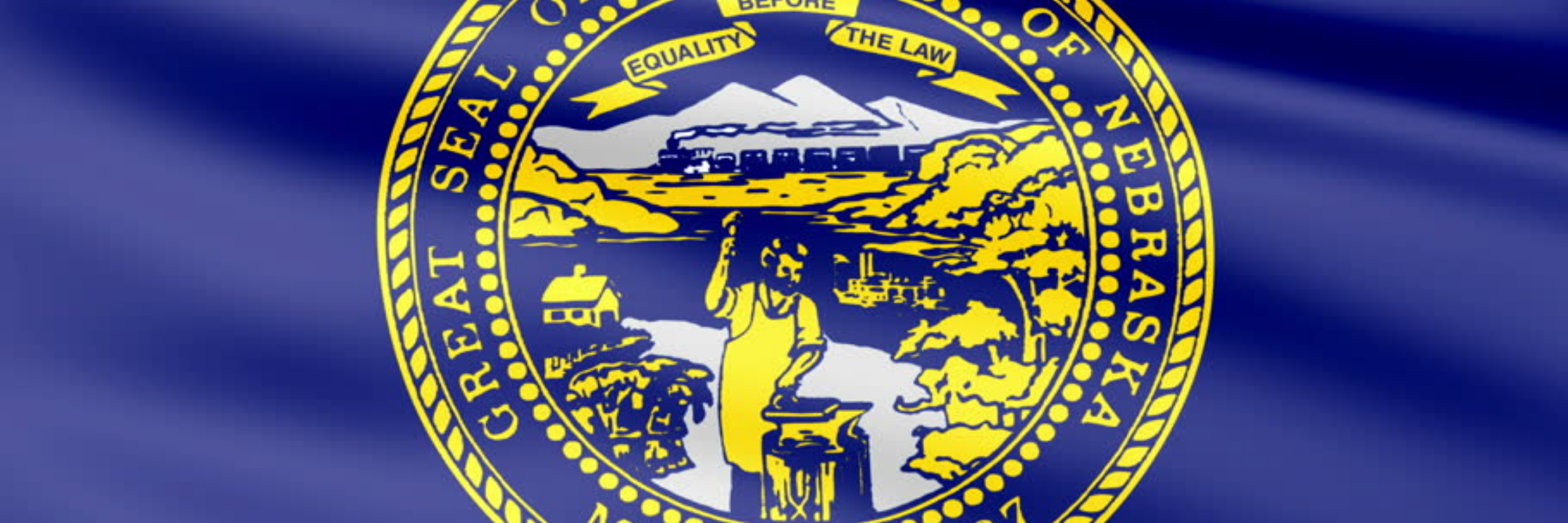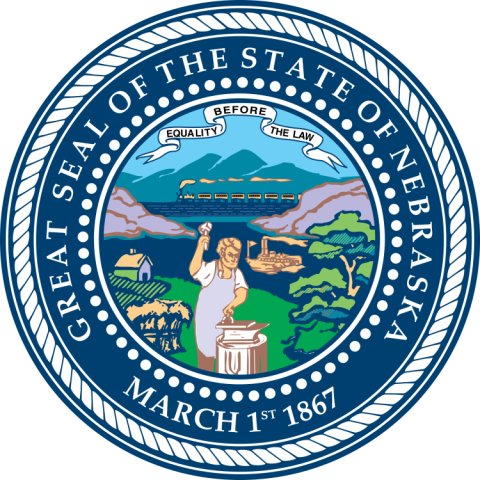Nebraska recognizes that access to justice is a critical issue that affects the well-being and rights of its residents. In response, the county has developed a comprehensive suite of services and programs designed to address the economic, systemic, and social barriers that hinder equitable access to legal services.
Legal Aid and Support Services
At the forefront of Nebraska's efforts is the establishment of a robust legal aid organization. Funded by a combination of county funds, state grants, and private donations, this organization provides free or low-cost legal services to low-income residents facing civil legal issues such as housing, family law, and consumer disputes. Recognizing the need for widespread legal assistance, the county also facilitates pro bono services through partnerships with local law firms and bar associations, encouraging volunteerism among local attorneys.
Community Legal Clinics
To further extend its reach, Nebraska has set up community legal clinics in various neighborhoods, especially those with historically underserved populations. These clinics offer walk-in consultations, legal advice, and representation by legal professionals. By decentralizing services, the county ensures that residents in more remote or disadvantaged areas have access to the legal support they need.
Technological Innovations for Access
Acknowledging the digital revolution's potential to enhance access to justice, Nebraska has invested in online legal resources and services. This includes a comprehensive legal information website tailored to the county's residents, offering guides, FAQs, and tools for self-representation. Additionally, the county has launched a virtual legal clinic, allowing residents to consult with attorneys via video conferencing, thus overcoming geographical and mobility barriers.
Systemic Reforms for Simplicity and Efficiency
Understanding that systemic complexities often deter people from seeking legal help, Nebraska has initiated reforms to simplify legal processes. This includes streamlining paperwork for small claims and family court matters and offering mediation and arbitration services as alternatives to court proceedings. Such measures not only reduce the intimidation factor associated with legal processes but also alleviate the burden on the court system.
Targeted Programs for Vulnerable Populations
Nebraska is particularly attentive to the needs of vulnerable populations, including minorities, immigrants, the elderly, and individuals with disabilities. Specialized legal assistance programs address the unique challenges these groups face, from language barriers to discrimination. Outreach efforts ensure that these communities are aware of and can access the services available to them.
Education and Empowerment
Believing in the power of education to empower its residents, Nebraska offers workshops and seminars on legal rights and responsibilities. Topics range from tenant rights to navigating the legal system, designed to equip residents with the knowledge to advocate for themselves. Additionally, the county supports legal literacy programs in schools, aiming to instill an understanding of justice from an early age.
Collaborative Efforts for Comprehensive Support
Recognizing that legal problems often intersect with social, economic, and health issues, Nebraska has fostered collaborations between legal aid organizations and social service agencies. This holistic approach ensures that individuals receive comprehensive support, addressing underlying issues that may contribute to or exacerbate their legal challenges.
Looking Ahead: Continuous Improvement and Adaptation
Nebraska's commitment to improving access to justice is ongoing. Regular assessments of community needs, feedback mechanisms, and adaptation of services ensure that the county's efforts remain relevant and effective. Future plans include expanding legal aid resources, further embracing technological solutions, and deepening community engagement to dismantle the barriers to justice comprehensively.
Nebraska's initiatives illustrate how localized actions can significantly impact improving access to justice. By addressing the multifaceted barriers that residents face, providing targeted support to vulnerable populations, and leveraging technology, Nebraska serves as a model for other jurisdictions. While challenges persist, the county's proactive and holistic approach offers valuable insights and lessons for enhancing justice accessibility across the nation. As Nebraska continues to evolve its strategies and programs, it contributes to the broader goal of ensuring that access to justice is not merely an ideal but a reality for all its residents.


